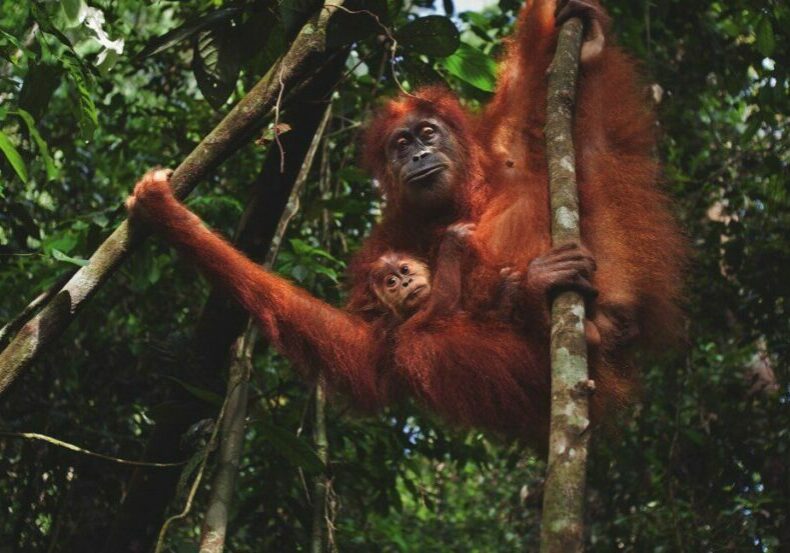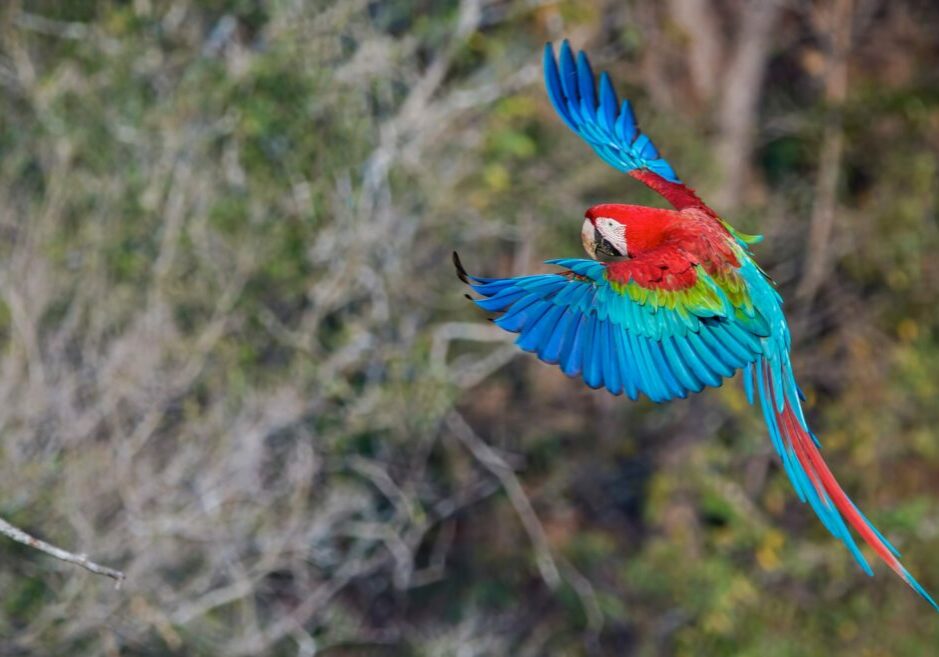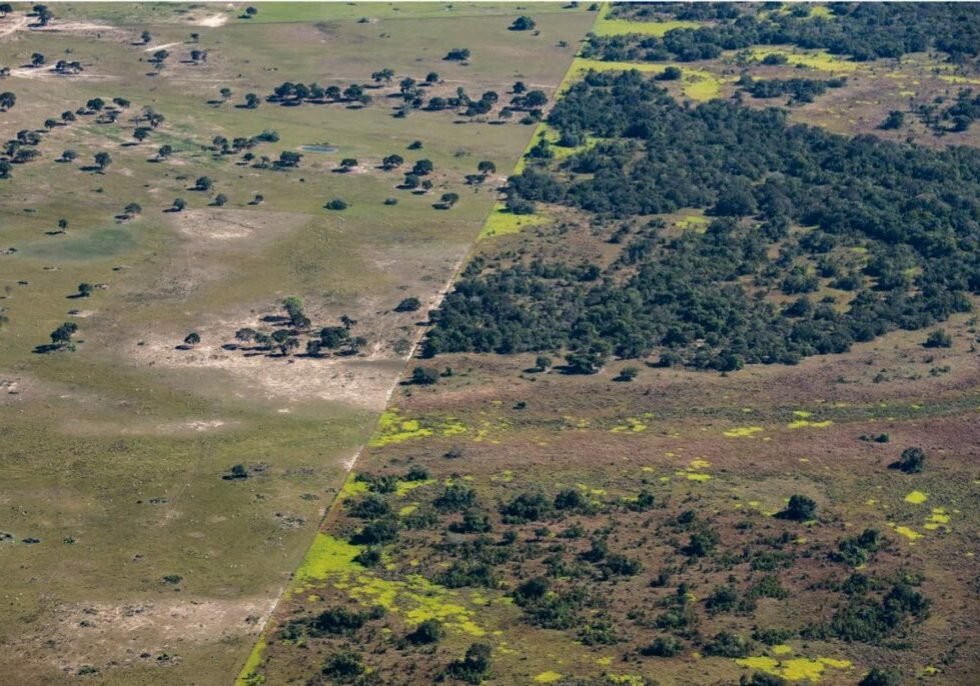Brands that buy palm oil aren’t doing enough to stop the destruction of tropical rainforests, according to our Palm Oil Buyers Scorecard 2024.
Ending deforestation driven by palm oil production is critical for the climate and wildlife. But of the 285 companies we approached to find out what they’re doing about it, over half (55%) didn’t even respond.
No companies received a perfect score – but some are showing real leadership in sourcing sustainably produced palm oil and helping clean up the industry.
Palm oil is cheap, abundant and versatile, and supports the livelihoods of millions of people. It’s also found in more than 50% of the packaged products we buy in supermarkets, from cosmetics to pizzas. But where it hasn’t been produced sustainably the effects are devastating, wiping out nature, jeopardising water security and exacerbating climate change.
When land is cleared to grow oil palm (the trees that produce palm oil), some of the world’s most biodiverse forests are destroyed. This includes precious habitat for species such as orangutans and Bornean elephants.
By using the Palm Oil Buyers Scorecard and PalmOil Scan app (see below), you can find out which companies are doing their bit to source sustainable palm oil, and use your power as a consumer to protect threatened wildlife.
Watch: Shopping sustainably with the ‘PalmOil Scan’ app
Get the lowdown on palm oil
Our palm oil explainer has all the information you need about palm oil, from why it can be problematic to what we’re doing to help
BANNER IMAGE © NATUREPL.COM / ANUP SHAH / WWF
More to explore

Forests of plenty
For decades, vast swathes of northern Borneo’s lush forests – home to orangutans and other endangered creatures – were degraded and destroyed. Now, with your support, we’re working to build a better future for the wildlife and people of Sabah

